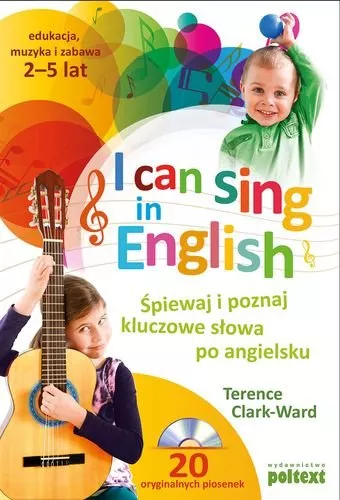Professor of Psychology Leslie Rescorla's 'Top-25 Words' Inspires Polish Children's Book
Professor of Psychology Leslie Rescorla's Language Development Survey (LDS), which she developed back in the 1980s, has become one of the most widely used tools to identify possible language delays in children ages 18-35 months.
With 310 words in 14 categories, the survey can be completed in about 10 minutes by practitioners or parents and has proven so effective that it's been translated into several languages.
Although Rescorla was widely known as an expert on early language delay, her work became even more well-publicized in 2012, when she gave a presentation on LDS cross-linguistic studies at the American Association for the Advancement of Science’s annual meeting in Vancouver.
A reporter covering the meeting asked Rescorla to send him a list of the "top" words from the survey.
“I hadn't explicitly tried to compile a definitive list through the data analysis I had done, but I gave him a list of 25 words that were among those most commonly reported in the languages studied,” recalls Rescorla.
Shortly, more than 100 news outlets worldwide published articles on the “Top-25 Words” that young children should know: mommy, daddy baby, milk, juice, hello, ball, yes, no, dog, cat, nose, eye, banana, cookie, car, hot, thank you, bath, shoe, hat, book, allgone, more, and byebye.
The top-25 list has become something of a staple in popular media and most recently served as the basis for a new Polish children’s book titled I can sing in English.
Written by Terence Clark-Ward, who directs the Queen School of English in Poland, the book and its accompanying CD integrates the top-25 English words into 20 original songs that children can sing along with.
“It has easier songs and harder songs, and the words recur,” says Rescorla. “They're very cute tunes in different genres.”
Rescorla conjectures that the list has received so much publicity because it is concrete and easy for parents to grasp.
“It seems like a quick way you can tell if your kid is okay,” says Rescorla.
Rescorla has recently completed cross-linguistic LDS studies in Portuguese, as well as Polish, with many findings confirming those previously reported in her studies of Greek, Korean, and Italian. In all five studies, LDS results have indicated that words acquired by late talkers are very similar to those acquired by younger typically developing peers who also have fewer than 50 words in their vocabularies.
